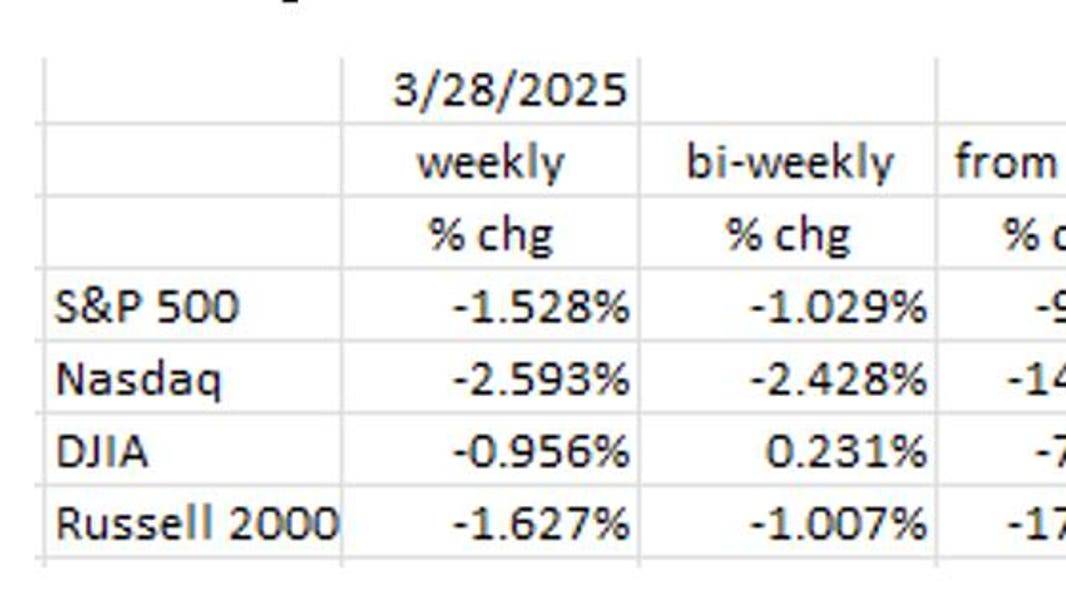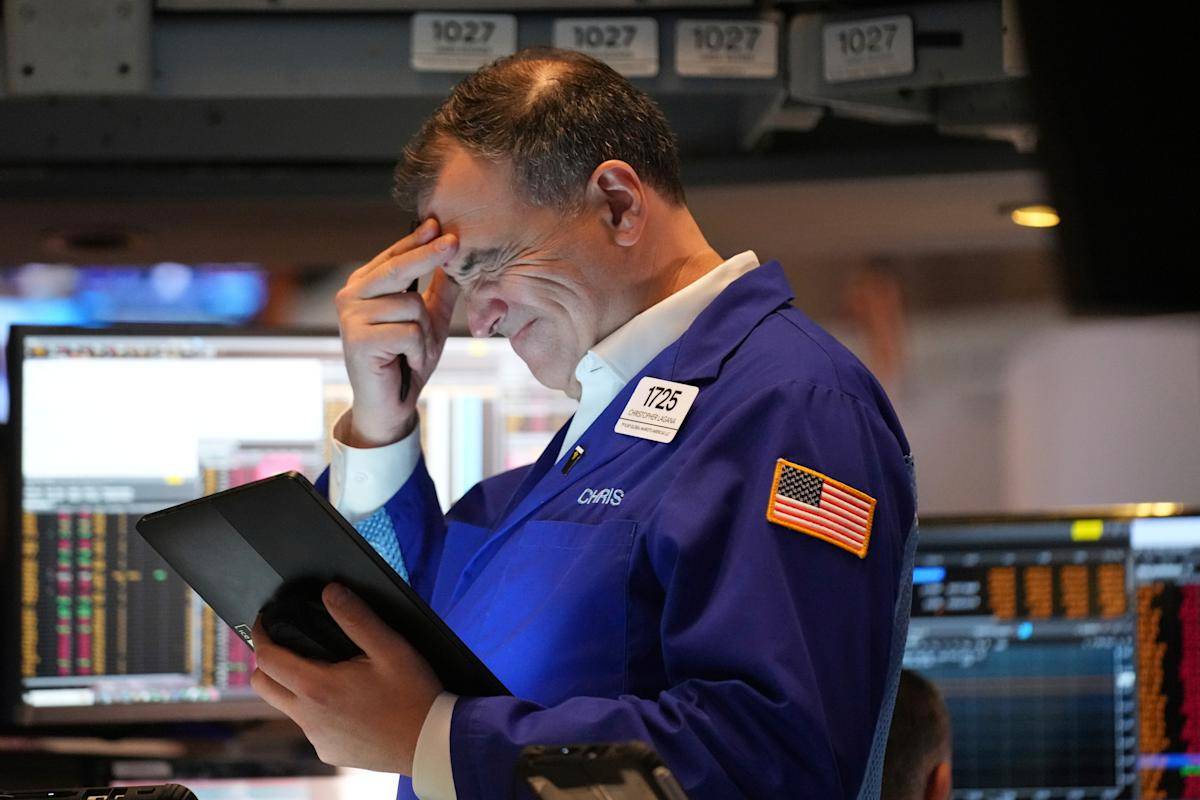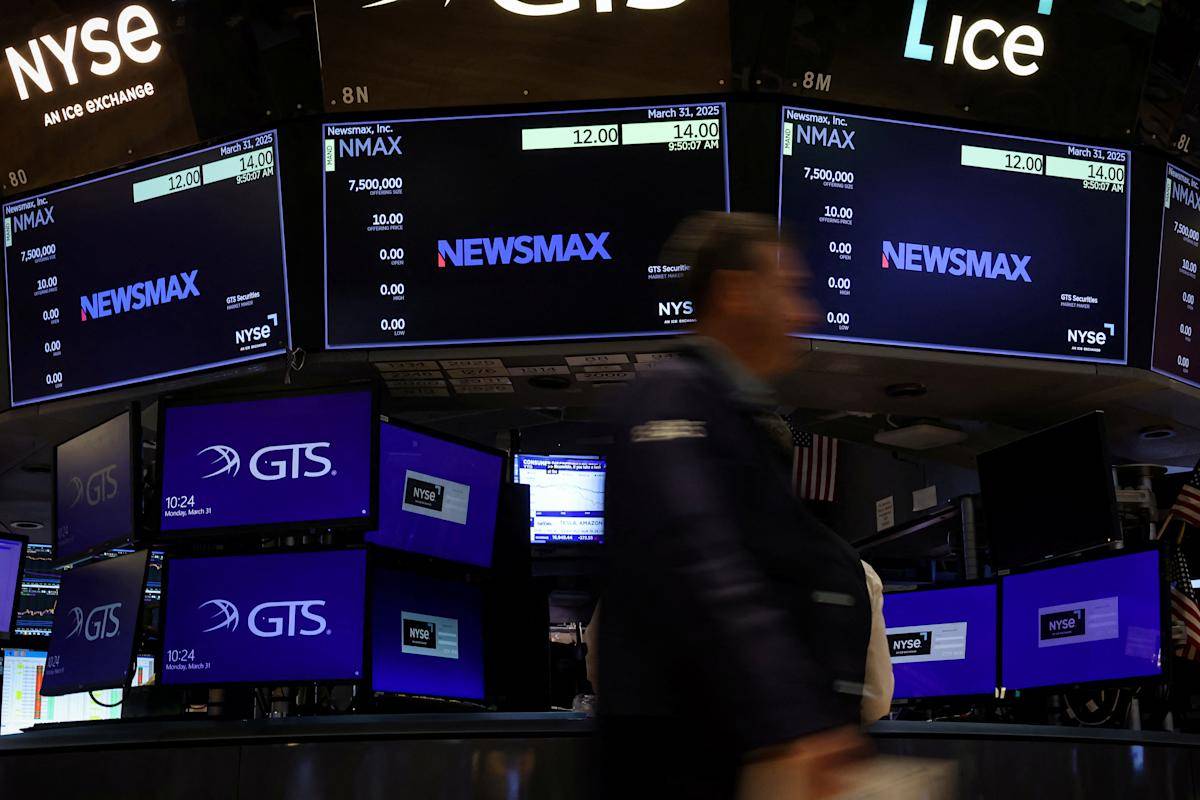The rise in recession fears is significantly impacting financial markets, as concerns about inflation and economic instability continue to escalate. A combination of factors, including a surge in inflation, ongoing tariff tensions, and softer-than-expected economic data, has led to increased uncertainty among investors. This environment has investors questioning whether a recession could be on the horizon, with widespread implications for financial markets worldwide.
J.P. Morgan has raised the probability of a global recession to 40% in 2025, up from previous estimates, highlighting the challenges posed by a slowing economy and ongoing trade policy uncertainty. Meanwhile, inflation remains a persistent issue, with consumer expectations suggesting it will worsen over the next year. The latest inflation figures show a stubbornly high Consumer Price Index (CPI) of around 2.8%, which, although slightly decreased, still exceeds the Federal Reserve’s target of 2%.
The stock market has reacted strongly to these developments, with major indexes experiencing significant declines. For instance, the Dow Jones Industrial Average tumbled 758 points in response to President Trump’s announcement of new tariffs on vehicles and auto parts, which are expected to increase inflationary pressures. Additionally, consumer sentiment has weakened due to tariff-induced inflation fears, leading to a rise in financial anxiety among Americans. The Allianz Life Insurance Company’s Quarterly Market Perceptions Study found that 71% of Americans expect inflation to increase over the next year.
Economic analysts emphasize the importance of watching inflation closely, as it directly affects the Federal Reserve’s interest rate decisions. Currently, the Fed is in a high-interest rate environment, but there are expectations of rate cuts later in 2025 if inflation continues to normalize. However, should inflation remain elevated or economic growth falter further, the risk of recession will continue to rise.
Experts like Preston Caldwell at Morningstar highlight the challenges in managing inflation while maintaining economic growth. The Fed must balance the need to lower inflation with the risk of dampening economic activity through high interest rates. Amidst these uncertainties, financial markets are bracing for potential downturns, with diversification and strategic planning becoming crucial for maintaining financial stability.
Understanding these dynamics requires a nuanced approach to financial analysis, integrating insights from both economic indicators and market sentiment. As David Brooks, a seasoned business journalist, would analyze, the interplay between inflation, interest rates, and market volatility underscores the complexity of navigating today’s financial landscape. Critical to this narrative is the integration of data-driven arguments and expert insights, which provide a comprehensive view of the challenges facing financial markets and the global economy.
For more insights into the current economic trends and their impact on financial markets, consider exploring Epochedge News for updates on market developments and Epochedge Business for in-depth analyses on corporate finance and economic trends. Additionally, external sources like the Federal Reserve and Bloomberg offer authoritative insights into economic policy and market dynamics.










